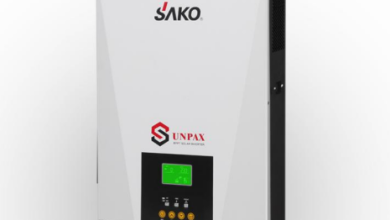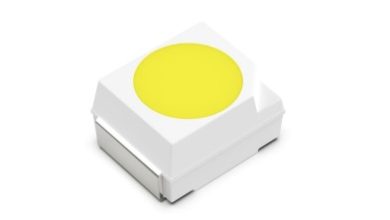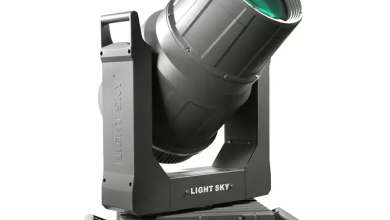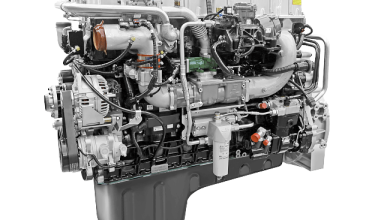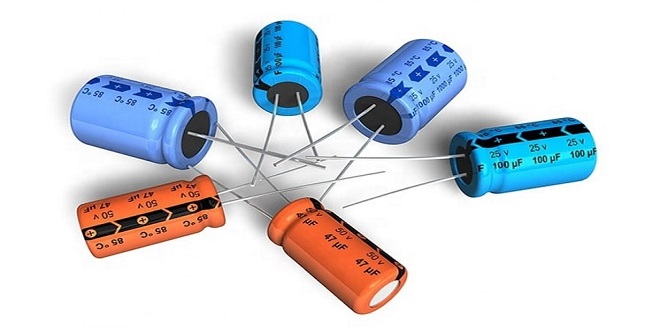Lithium Iron Phosphate (LiFePO4) Battery: Advantages and Disadvantages

Lithium iron phosphate battery has several advantages compared to other battery types. The LFP battery technology has grown significantly recently and is widely used in various applications. Knowing the battery’s advantages and disadvantages helps you make the most of it
With advancements in lithium-ion battery technology, individuals and companies are sure to get the best from the equipment. Some lithium iron phosphate battery manufacturers produce batteries that are 10 times outperform regular batteries. However, knowing the limitations of the technology strengthens the best way to use it.
What is Lithium Iron Phosphate Batteries
Lithium iron phosphate (LFP or LiFePO4) battery is a lithium-ion battery type, having lithium iron phosphate (LiFePO4) as its cathode material with a graphite carbon electrode and a metallic backing as its anode. LFP batteries can discharge and charge at higher speeds than other battery types.
Invented in the 1970s, lithium iron phosphate batteries have entirely changed how we use our electric devices. Let’s further discuss their numerous advantages and limitations/disadvantages below.
Advantages of Lithium Iron Phosphate (LiFePO4) Batteries
#1 Longer Life Span
Lithium iron phosphate battery has a longer life span than other traditional types. It lives up to 1,000-10,000 cycles with excellent charge and discharge rates with less degradation at high temperatures. A standard LFP battery has about 80% DOD till 2000 cycles of discharge and charge rates.
For instance, LiFePO4 battery technology is present inside applications like iPhone, iPod, Apple Watch, etc., offering the most experience because of its long lifespan. In addition, mounting your device on an apple watch stand gives your device a unique and perfect look.
#2 Environmental Safety
Lithium iron phosphate battery poses no threat to the environment. The battery type is eco-friendly and does not contain harmful metals. LFP batteries are non-toxic and non-contaminating, handling lithium manganate and cobalt oxide hazards. They are non-explosive even in an indent of a severe accident, having passed the strict safety test.
#3 Extreme Temperatures
LiFePO4 batteries are made to withstand extreme weather conditions and high temperatures while remaining cool. Operating in a wide range of temperatures (350 degrees to 500 degrees celsius) makes it ideal for several applications, including those involving high temperatures. LFP batteries are not damaged in applications that exhaust their battery or in tough weather conditions.
#4 Less Maintenance
One of the best advantages of lithium iron phosphate batteries and all other lithium-ion batteries is that they require little to no maintenance to ensure optimal performance. That is, they require no active maintenance. Lithium batteries only go bad when not used or kept under the right temperature condition.
#5 Lightweight and Compact Size
LiFePO4 batteries have a high power density and compact size. They have lightweight with no memory effect. Due to their small size, lightweight, stability, etc., lithium iron phosphate batteries are gaining popularity in the battery market.
#6 High-Efficiency
Lithium iron phosphate batteries have a 100% capacity. Their fast charging and no downtime rates make them more efficient and safe. LFP batteries deliver a high discharge pulse rate at a rapid rate and have a steady discharge voltage. The thermal and chemical stability of the battery also contributes to its safety and reliability.
#7 Excellent Storage and Suitable for Various Applications
Ideally, it’s recommended to store LiFePO4 batteries with a state of charge of 50% or more for a longer lifespan. Indoor storage also makes them suitable for various uses. Electronic machines, medical appliances, military applications, electric motors, etc., are powered by lithium iron phosphate batteries.
In addition, LFP batteries are a good choice for a cheaper battery option. Its safe iron phosphate chemistry and no recycling process make it more affordable than Li-ion or LiPo batteries.
Disadvantages of Lithium Iron Phosphate Batteries
Despite its numerous advantages, LFP batteries have limitations/drawbacks. Some of the disadvantages are listed below.
#1 Deep Discharge and Low Density
This is one of the crucial drawbacks of LiFePO4 batteries. This flaw makes it imperfect for small devices like smartphones and is commonly used in LEV (low emission vehicles) and electric bikes.
#2 Low Nominal Voltage and Temperature
LiFePo4 batteries have low nominal voltage, which reduces their energy capacity. Also, their performance is affected at low temperatures. They perform low when discharging at -20 degrees celsius. Therefore, the need for more protection and care.
#3 Transportation and Ageing Effects
Transportation and aging effects are still familiar with lithium iron phosphate batteries. Aging negatively impacts their power output and energy capabilities. Moreso, if transported at the wrong temperature, their output and capabilities decrease.
#4 High Self-Discharge Rate
Lithium iron phosphate batteries self-discharge at a 2% rate monthly when not used and stored at the proper temperature. Although this is pretty low, it can increase with temperature rise.
How Best to Use Lithium Iron Phosphate (LiFePO4) Batteries
Finding happiness with a lithium iron phosphate battery can be possible when you store the device at a high temperature. Low temperatures of up to around 30 degrees celsius can affect its performance. A temperature range of 350 to 500 degrees celsius better impacts it positively.
Conclusion
If you choose to settle for a LiFePO4 battery, it is necessary to keep abreast with its pros and cons if it meets your requirements. You might be drawn back because of its disadvantages. However, you can rely on battery manufacturers who capitalize on modern technology to improve their products. Also, buy from authentic and reliable suppliers to avoid future problems regarding quality.

